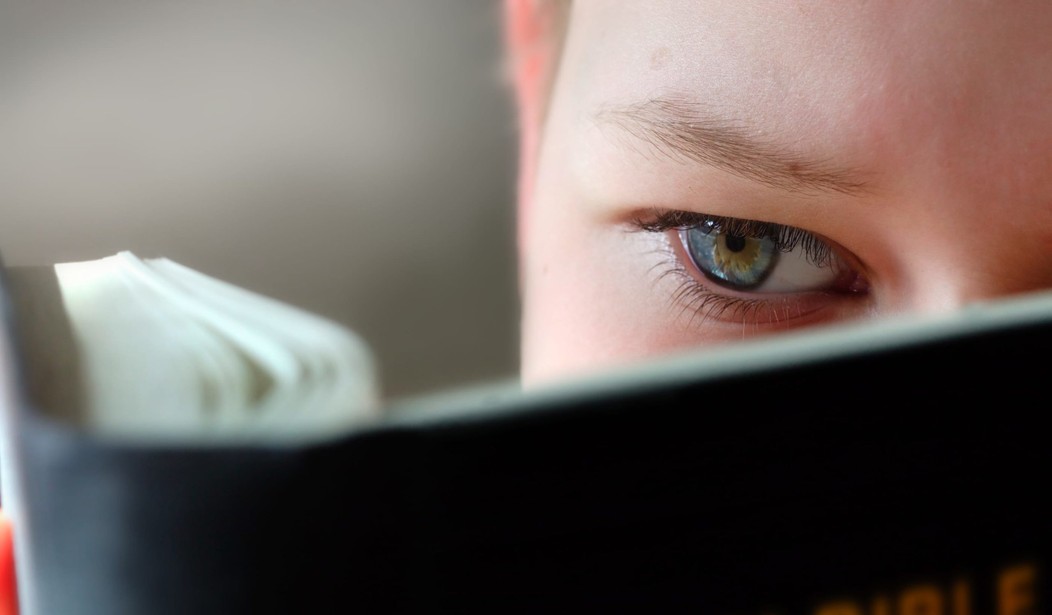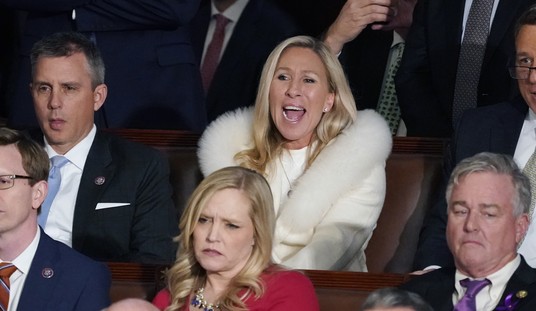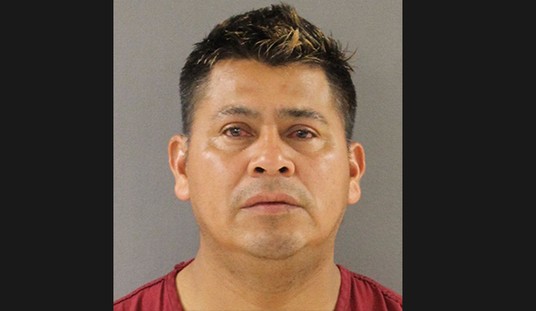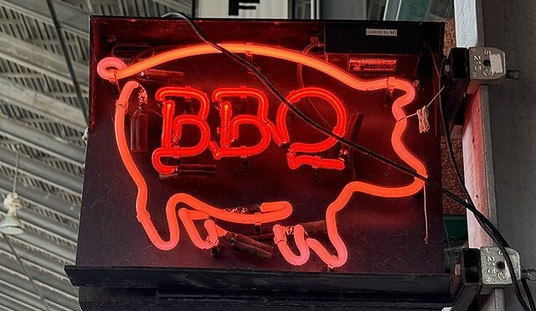President Obama defended his decision to evict a bust of Winston Churchill out of the Oval Office during his first term, telling Britons today that he loves the legendary prime minister but wanted to keep tables from “looking a little cluttered.”
After Obama took office, he returned a Churchill bust that the White House said had been lent to President Bush by Prime Minister Tony Blair. That replaced a Churchill bust that had been in the White House since the 1960s, which the administration said was being “worked on at the time and was later returned to the residence.”
In 2010, the original Churchill bust was moved from the Oval Office to outside the Treaty Room.
“I don’t know if people are aware of this, but in the residence, on the second floor, my office, my private office, is called the Treaty Room. And right outside the door of the Treaty Room, so that I see it every day, including on weekends when I’m going into that office to watch a basketball game, the primary image I see is a bust of Winston Churchill. It is there voluntarily ’cause I can do anything on the second floor,” Obama said today at a press conference with Prime Minister David Cameron at which he was asked about the U.S.-UK special relationship. “I love Winston Churchill. Love the guy.”
“Now, when I was elected as president of the United States, my predecessor had kept a Churchill bust in the Oval Office. “There are only so many tables where you can put busts. Otherwise, it starts looking a little cluttered. And I thought it was appropriate,” he continued.
“And I suspect that most people here in the United Kingdom might agree that as the first African-American president, it might be appropriate to have a bust of Dr. Martin Luther King in my office, to remind me of all the hard work of a lot of people who would somehow allow me to have the privilege of holding this office… I think people should know that, know my thinking there.”
Obama, who insisted during the press conference that he’s not trying to influence whether the UK withdraws from the European Union, stressed that “we are so bound together that nothing is going to impact the emotional and cultural and intellectual affinities between our two countries.”
“So I don’t come here suggesting in any way that that is impacted by a decision that the people of the United Kingdom may make around whether or not they are members of the European Union. That is there, that’s solid and that will continue hopefully eternally. And the cooperation in all sorts of ways, through NATO, through G-7, G-20, all of those things will continue,” he added.
“But, as David said, if one of our best friends is in an organization that enhances their influence and enhances their power and enhances their economy, then I want them to stay in it, or at least I want to be able to tell them, you know, I think this makes you guys bigger players. I think this helps your economy. I think this helps to create jobs. And so ultimately, it’s your decision, but precisely because we’re bound at the hip, I want you to know that before you make your decision.”









Join the conversation as a VIP Member